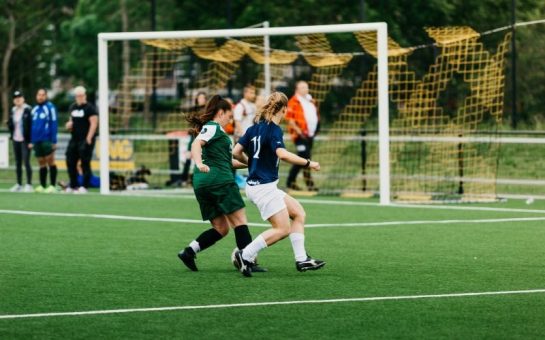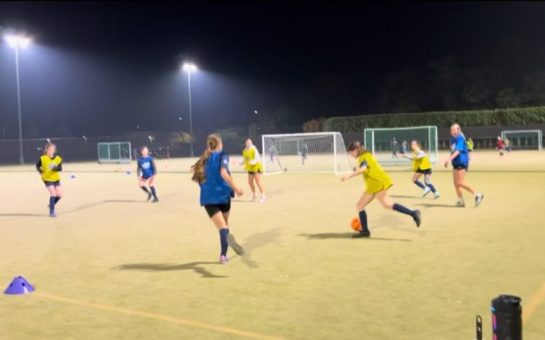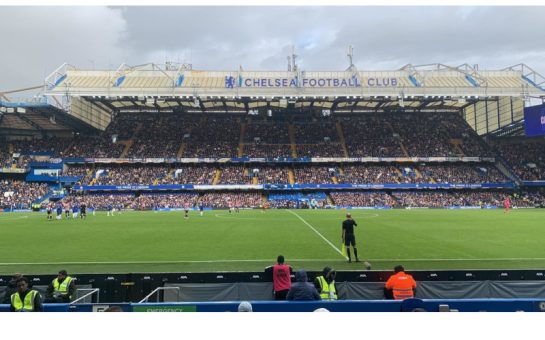The FA have announced plans to change the way youth football runs.
I stand in the pouring rain with howling winds and the chill of winter in the air. Parents are screaming, shouting and swearing. One of them criticises their own child, another parent is criticising a child which is not their own. Nobody approves of this parent. An ugly altercation at the local park ensues.
There is the mum with the flask of tea, the family who always bring the dog, and the parents who are always willing to get involved as a coach or as a linesman.
The child spends his Saturday or Sunday mornings trying desperately to impress the parents who believe he is the next Wayne Rooney or David Beckham. You score a hat-trick but still there is some part of your game that you are told could have been better.
This is part and parcel of grassroots football and growing up playing the beautiful game.
The FA have announced new plans this month to change the way youth football is run and even some of the nationwide rules of the game which are adored by so many.
One of the key ideas being introduced is 9-a-side football on a smaller pitch with the possibility of the match being played in quarters rather than halves.
Does grassroots football need to be overhauled though?
Gary Neville is right when he says that the information passed on to youth footballers is absolutely pivotal to the direction and shape English football will take over the coming years.
It is the toughest job for any youth team coach to do this with the pressures of parents, the children themselves and a full-time job as well.
Jamie Peters, 11, who plays for Bedford Park Rangers, echoes what so many players of the young generation feel. When asked what he would change about playing football he said: “I would change where I play, I don’t enjoy it at all.”
This statement is true of many and I am included. Growing up I wanted nothing more than to be a right midfielder. I was successful playing there but then I moved to another team. I was pushed back to defence against my will and my love of football temporarily disappeared.
However, Gayle Hardwick, 31, mother of Jamie said: “I don’t envy being a coach; it is hard to keep everyone happy, I feel Jamie’s coach is very supportive and does well with coaching all the players.”
Another initiative being readied by the FA is one which will involve children under the age of 12 not playing in competitive matches for points or in tournaments for trophies.
The FA feels this makes children more susceptible to pressure and is to the detriment of their progression as they grow older and play for longer periods with more rules.
Personally, I feel this is a decision which could seriously harm the prospects of the future of football in this country as children will grow up with the absence of a serious competitive edge. I can honestly say that throughout my youth playing days I was looking at league tables and analysing everything so I knew exactly what was required in every match I played.
Grassroots football is not only about the players though; referees have a crucial role in helping the development of the game.
Tom Carr, 21, is a referee who used to play youth football. This gives him a unique perspective on all the issues which currently exist.
He said: “Understanding of why decisions are made and what constitutes a correct or incorrect decision is what is missing most from footballers of a young age. Refereeing has certainly given me that understanding.”
He has relished his progression from playing to refereeing and when he plays football now he approaches it in a completely different way.
Carr added: “You’re expected to keep cool when others all around you are losing their heads. It is a huge challenge but one I thoroughly enjoy.”
It is clear that grassroots football has to rely on referees and the rules which the FA set. However, I am not convinced by these new rules which are set to be introduced. I worry that the competitiveness even at a young age will disappear, and at the age of 12, children will be too old to fundamentally change their mentality towards playing the beautiful game.
Follow us on @SW_Londoner




